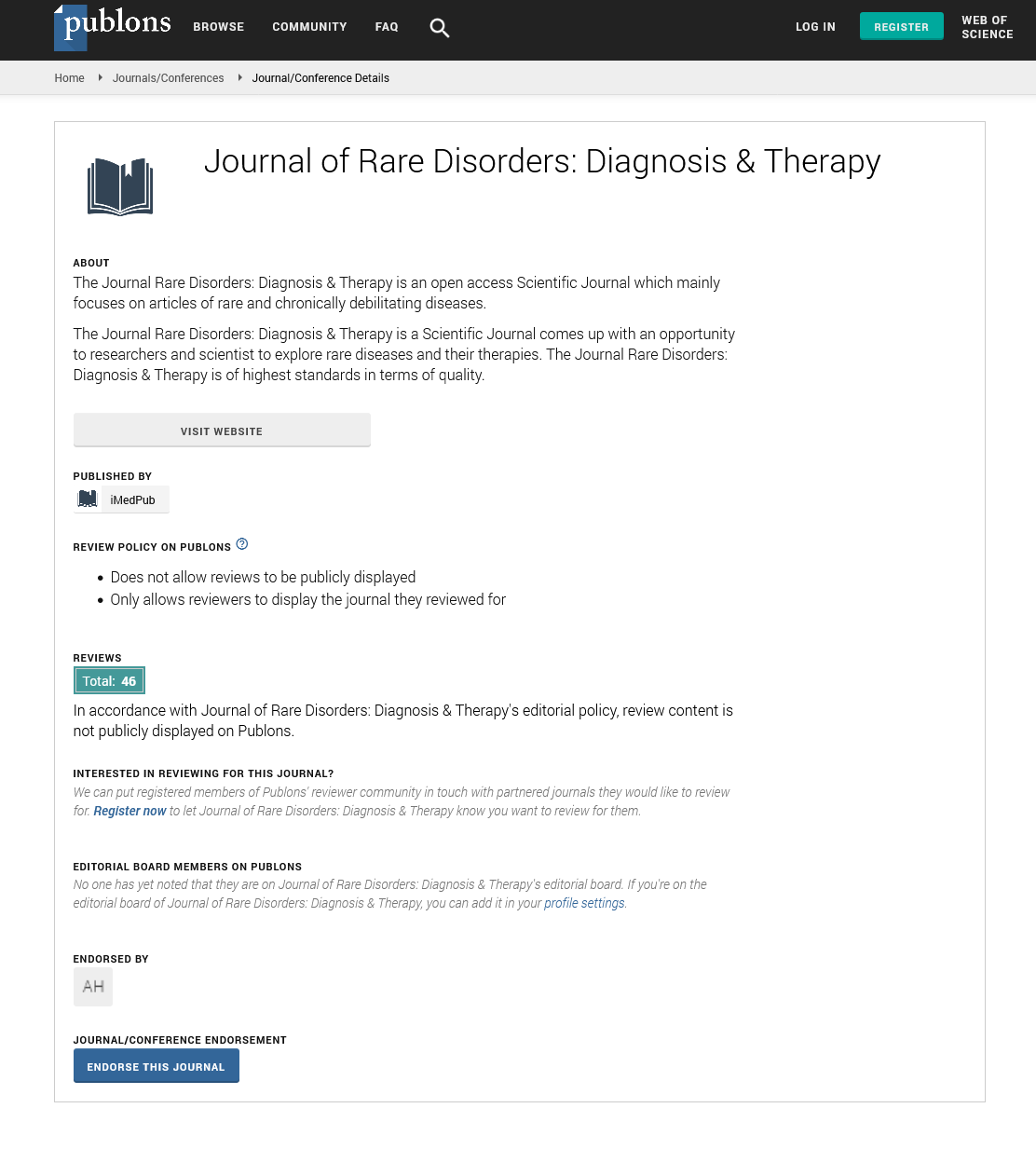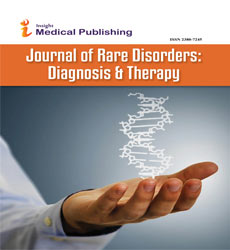Abstract
Congenital Chloride Diarrhea in a Bartter Syndrome Misdiagnosed Brazilian Patient
The differential diagnosis in children with hypokalemic hypochloremic alkalosis include a group of an inherited tubulopathies, such as Bartter Syndrome (BS) and Gitelman Syndrome (GS). However, some of the clinically diagnosed patients present no pathogenic mutation in BS/GS known genes. Therefore, one can conclude that a similar clinical picture may be caused by PseudoBartter Syndrome (PBS) conditions. PBS include acquired renal problems (ex.: use of diuretics) as well as genetic or acquired extrarenal problems such as cystic fibrosis or cyclic vomiting, respectively. The accurate diagnosis of BS/GS needs a rational investigation. First step is to rule out PBS and confirm the primary renal tubular defect. However, it is not easy in some situations. In this sense, we reported a patient that was referred to our service with the diagnosis of BS, but presented no mutation in BS/GS known genes. The whole-exome sequencing detected a SCL26A3 likely pathogenic mutation leading to the final diagnosis of Congenital Chloride Diarrhea (CCD). Reviewing the records, the authors noticed that liquid stools were mistaken for urine. In addition, urinary and fecal samples were collected at an inappropriate time. The fecal sample taken during dehydration led to a low fecal chloride level and urine taken soon after sodium and potassium chloride infusion led to a high urinary chloride fractional excretion. Based on this data, BS was misdiagnosed. Our goal is to report the first Brazilian CCD patient initially misdiagnosed as BS and discuss the difficulties to achieve the correct diagnosis in clinical practice.
Author(s):
Maria Helena Vaisbich, Juliana Caires de Oliveira, Achili Ferreira, Ana Carola Hebbia Lobo Messa and Fernando Kok
Abstract | Full-Text | PDF
Share this

Google scholar citation report
Citations : 241
Journal of Rare Disorders: Diagnosis & Therapy received 241 citations as per google scholar report
Journal of Rare Disorders: Diagnosis & Therapy peer review process verified at publons
Abstracted/Indexed in
- Google Scholar
- China National Knowledge Infrastructure (CNKI)
- Directory of Research Journal Indexing (DRJI)
- Publons
- International Committee of Medical Journal Editors (ICMJE)
- Secret Search Engine Labs
- Euro Pub
Open Access Journals
- Aquaculture & Veterinary Science
- Chemistry & Chemical Sciences
- Clinical Sciences
- Engineering
- General Science
- Genetics & Molecular Biology
- Health Care & Nursing
- Immunology & Microbiology
- Materials Science
- Mathematics & Physics
- Medical Sciences
- Neurology & Psychiatry
- Oncology & Cancer Science
- Pharmaceutical Sciences


